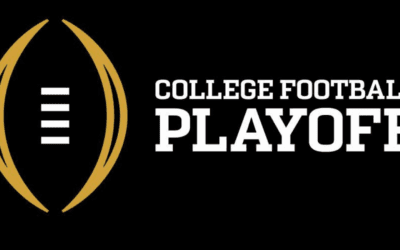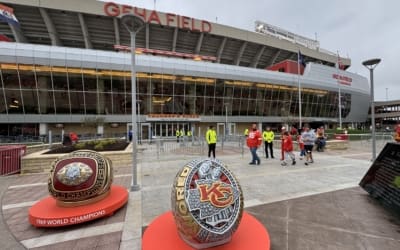If you’ve been to the United Center in Chicago, home of the Blackhawks and Bulls, then you may have noticed a giant arena… and parking lots. Lots and lots and lots of parking lots. And you’ve probably walked through those parking lots right into the UC because, well… there’s nothing else to do nearby, unless you’re willing to take a very healthy walk or hop a bar shuttle from Washington Street.
But the Bulls and Blackhawks, who co-own the United Center, released their “1901 Project” today to change that. They are proposing the creation of a new “neighborhood” with up to 5000 residential units, a 6000-person music venue, green spaces, retail, and, of course, parking (you don’t think they’re going to give up all of their parking, do you?).
Will it ever happen? Who knows. The release said it would cost $7 billion and take 10 years, and something tells us that’s after all of the ink dries on the final agreements. But if they’re building on land they already own, then the chances of success are certainly higher. And the Chicago Mayor’s office seems to like the idea, as they are proponents of continued development of residential units.
We certainly love the idea. The United Center has almost no exterior gameday experience nearby, while newer arenas such as Little Caesars in Detroit and Fiserv Forum in Milwaukee have been anchors for new local development. But what we’d be most excited about is the suggested CTA transit station, which would make the venue accessible via public transportation, something that is sorely lacking at the arena now. In a 21st century world, to have several million attendees to an arena all needing to take an automobile is inconvenient and irresponsible, not to mention a ridiculous waste of money for fans who live close enough for public transit to be an option.
From all accounts, nothing in the project will affect the United Center itself, so there should be no rush to come visit – unless you hate construction. In that case, maybe you should plan that Blackhawks/Bulls visit for sooner rather than later.
If you’d like to read more about the project, check out the story from the local CBS affiliate in Chicago.




